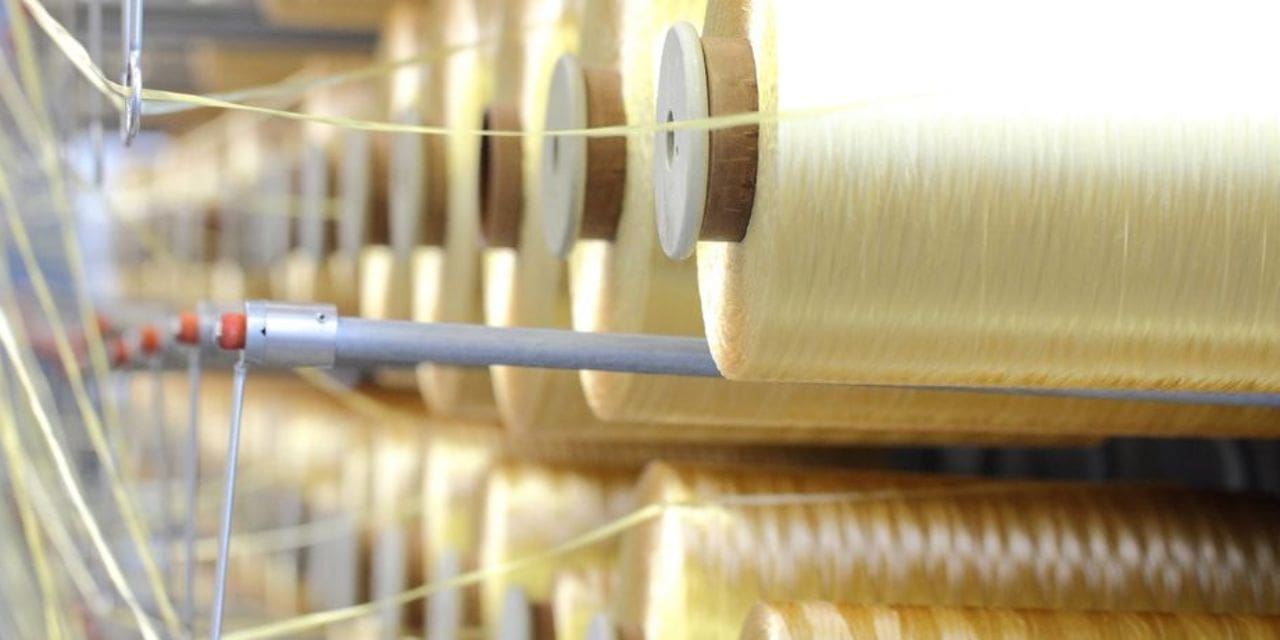“Due to their exceptional qualities, high performance fibers have seen a significant increase in demand from a wide range of end users, resulting in the creation of a sizable high performance fibers market in recent years. As a result of increasingly stringent government regulations aimed at reducing CO2 emissions, the global high performance fibers market share has increased.”- Future Market Insights Analyst.
The high performance fibers market size is expected to be worth US$ 12.91 billion in 2022 and US$ 29.19 billion by 2032, with a CAGR of 8.5 percent from 2022 to 2032.
The growth of the global high performance fibers market share has been aided by the robust electronic equipment manufacturing sector. The usage of high performance fibers in the creation of dependable and efficient semiconductors is a significant element driving the sales of high performance fibers.
Another factor propelling the demand for high performance fibers is the use of carbon, aramid, and glass in their manufacture. As a result, it is predicted that the global high performance fibers market is likely to experience significant growth during the forecast period.
Due to their numerous essential characteristics, such as strong fabric integrity at good temperatures, high thermal and chemical resistance to most organic solvents, high abrasion resistance, and non-conductivity, the sales of high performance fibers are projected to increase.
High stiffness and an extraordinary strength-to-weight ratio of high performance fibers make them ideal for aeronautical applications, that’s why the demand for high performance fibers is rising. Given the aforementioned advantages, a range of end users considers the HPF to be the ideal product.
Furthermore, the high performance fibers are also utilized in the production of composites for vehicles and vessels employed in the defense industry. These factors are expected to boost the high performance fibers market outlook between 2022 and 2032.
The expansion of the high performance fibers market share is hampered by a scarcity of high-quality products. Furthermore, unlike other metals and nonmetals, carbon fibers are not biodegradable and will not degrade in landfills. Carbon fiber recycling requires a lot of energy and is extremely difficult.
Long-lasting carbon fibre scraps have a negative impact on the environment and hamper the growth of the high performance fibers market.
Key Takeaways from Market Study
- The Polybenzimidazole (PBI) fibers segment is expected to grow at the fastest CAGR of more than 14.2 percent from 2022 to 2032 due to superior properties such as high glass transition temperature, no melting point, and extremely high heat deflection temperature.
- The aerospace and defence application segment will lead the market in 2021, accounting for more than 43% of global high performance fibers market revenue.
- The Asia Pacific region will lead the high performance fibers market in 2021, accounting for more than 43% of global revenue.
- North America held a significant high performance fibers market share in 2021, as the presence of key aircraft manufacturers contributed significantly to high performance fibers demand.
Competitive Landscape
Key players in the high performance fibers market with wide distribution networks and strong market positions are boosting their R&D expenditure. They can enhance current items for new uses thanks to their strong technical and market development capabilities. As they provide the essential raw materials required to start the manufacturing process of different fibers, raw material suppliers play a significant role in the value chain.
The expansion and profitability of the global market are being constrained by the high cost of producing PBO, PBI, M5/PIPD, and aramid fibers.
The following companies are among the major players in the global high performance fibers market: Toray Industries, Inc., Dupont; Teijin Ltd., Toyobo Co. Ltd., DSM; Kermel S.A., Kolon Industries, Inc., Huvis Corp.

